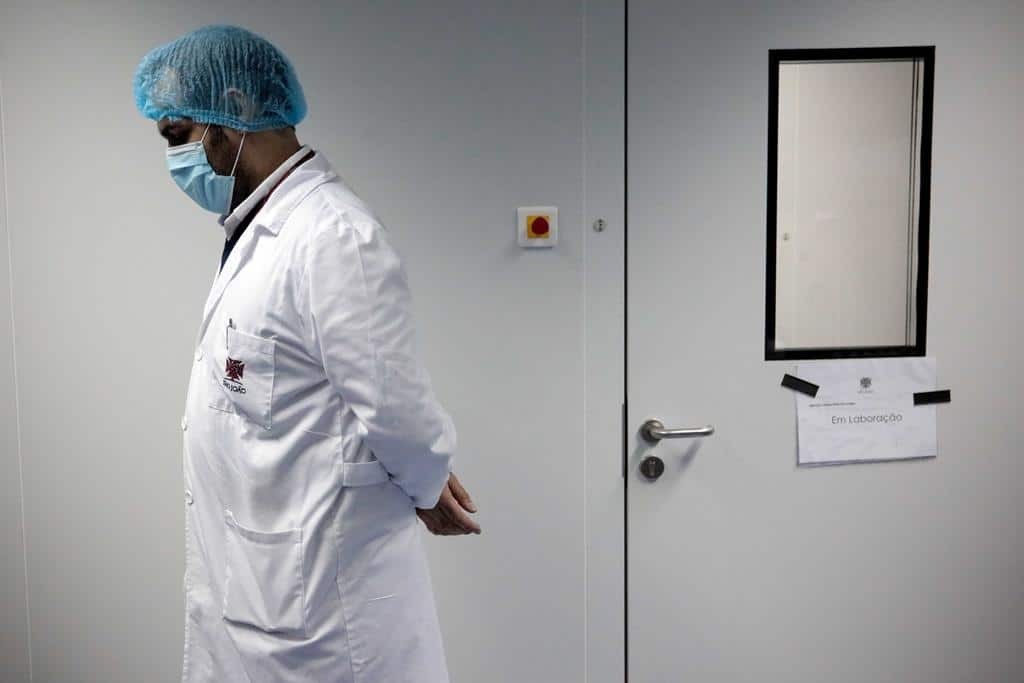Almost 2,000 are doctors, warns report by outgoing management team
Around 5,000 professionals in Portugal’s SNS national health service are expected to retire this year, the outgoing executive board has estimated, warning that it is “critical to be able to attract” new specialists and doctors currently working outside State-run hospitals.
“It is critical to be able to attract new specialists and doctors who are outside the national health system (in Portugal or abroad) in order to respond to (the country’s) health needs,” emphasises the activity report that was delivered yesterday to the ministry of health by outgoing executive director Fernando Araújo, who resigned at the end of April.
The document, delivered well ahead of the 60-day deadline given by the health minister, indicates that this year “there may be around 5,000 retirements (professionals reaching retirement age)”, of which 1,901 are doctors.
Equally, the executive board (DE-SNS) estimates 699 nurses, 1,158 operational assistants, 171 senior diagnostic and therapeutic technicians, 794 technical assistants, 139 senior technicians, 37 pharmacists and around 198 professionals from other areas could also retire this year.
“The health service (SNS) needs an effective reinforcement of its human assets, in order to keep up with greater demands in the provision of care, with an increasingly ageing population and more associated comorbidities, which require more care and more differentiated teams,” the report warns.
Transition to the model of 39 Local Health Units (which combine hospitals and health centres into a single entity) means that integration of care is essential.
“It is therefore a major commitment for the restructuring of the SNS to increase the number of patients with a family doctor,” says the report, while also emphasising the “great importance” of nurses in health care provision.
The SNS currently has around 50,900 nurses – meaning Portugal’s ratio per 1,000 inhabitants is “well below the European average”.
The need for a “greater commitment to this professional group is aimed at overcoming constraints” in the areas of mental health, palliative care, primary care, integrated long-term care, but also at guaranteeing responses in outpatient care, intensive care, the accident and emergency department and in inpatient care.
The report also recognises that the SNS “has failed to invest adequately in the hiring of senior diagnostic and therapeutic technicians”, a lack that “often inhibits the achievement of improvements in the provision of care”.
The generalisation of the Local Health Unit (ULS) model throughout the country “makes it essential to fill and expand the SNS workforce, so that the current gaps can be reduced and filled”, the DE-SNS also warns.
“In this sense, reinforcement of professional staff, despite being a major challenge for efficiency in resource management, is largely an indispensable condition for the success of the ULS model,” it says.
Fernando Araújo resigned on April 23, together with his team, claiming that he didn’t want to be an obstacle to the government in the policies and measures it considered necessary.
The ministry of health announced on Wednesday that it has chosen doctor António Gandra d’Almeida to replace Fernando Araújo as executive director of the SNS and said that the lieutenant colonel has extensive experience in emergency medicine.
LUSA




















